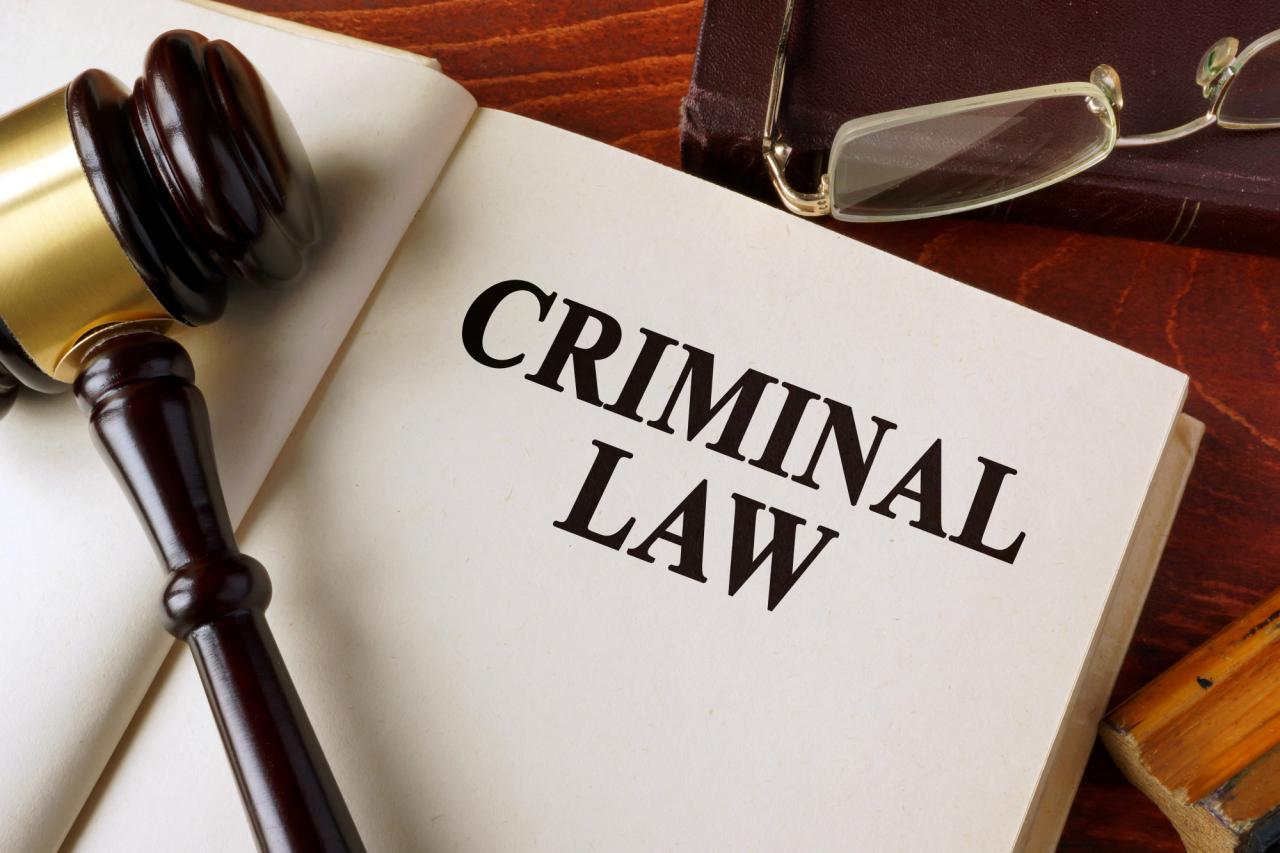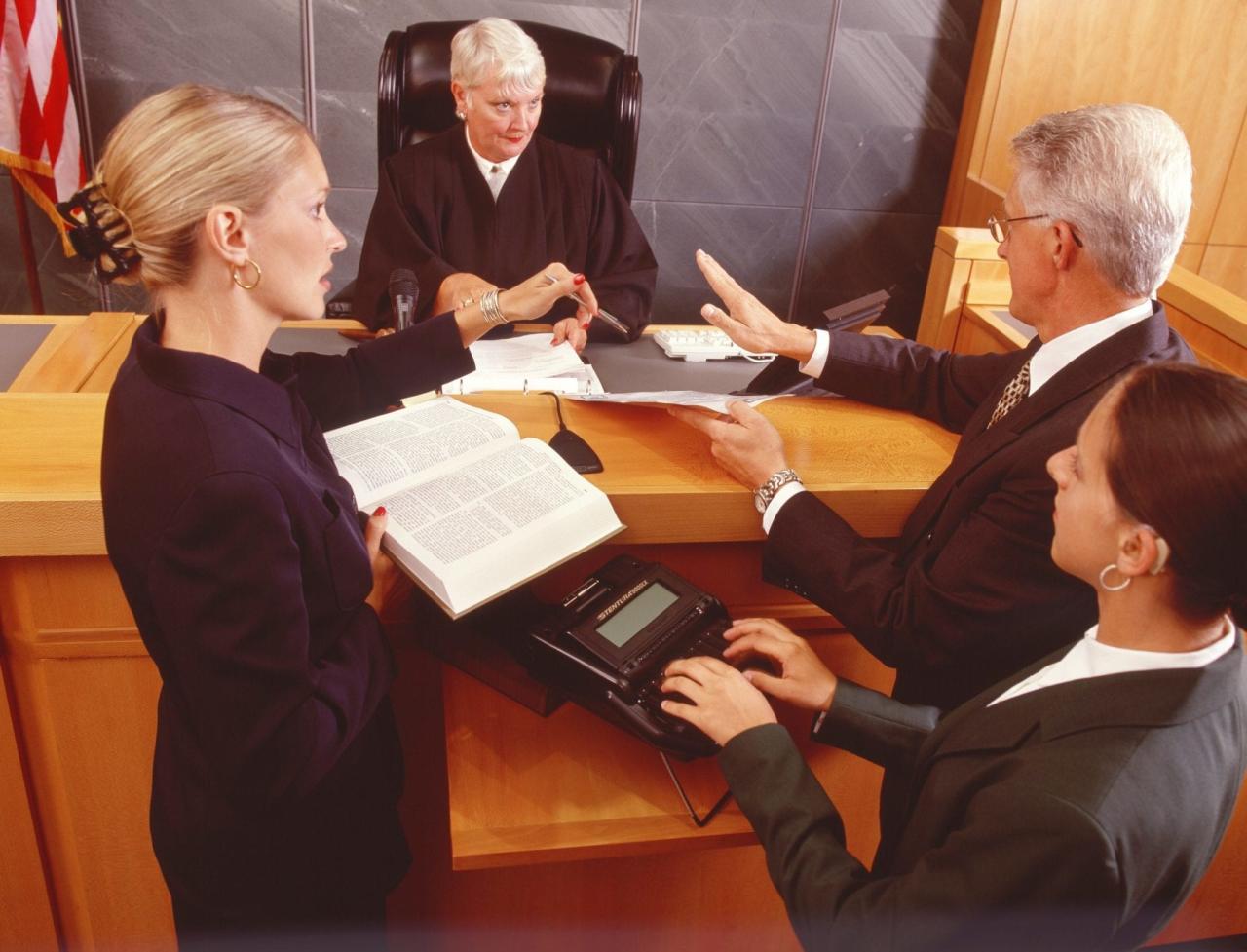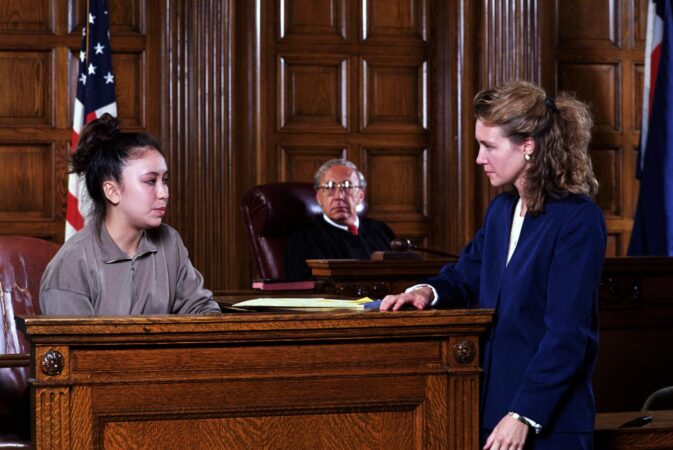
Legal Framework and Ethical Considerations

Lawyers play a pivotal role in the criminal justice system, ensuring that individuals accused of crimes receive fair and equitable treatment. They are responsible for representing clients, providing legal advice, and advocating for their rights throughout the criminal process.
Criminal defense attorneys are bound by strict ethical responsibilities, including the duty to provide zealous representation to their clients while upholding the integrity of the legal system. This can present ethical dilemmas, as attorneys must balance their obligations to their clients with their ethical responsibilities to the court and society.
Ethical Responsibilities of Criminal Defense Attorneys
- Zealous Advocacy: Attorneys must vigorously represent their clients within the bounds of the law, even if they personally disagree with their client’s actions.
- Confidentiality: Attorneys must maintain the confidentiality of all communications with their clients, except in limited circumstances.
- Competence: Attorneys must be competent in criminal law and procedure to provide effective representation to their clients.
- Avoidance of Conflicts of Interest: Attorneys must avoid representing clients when there is a conflict of interest, such as representing multiple defendants in the same case.
Ethical Dilemmas Faced by Criminal Defense Attorneys
- Representing Clients Accused of Heinous Crimes: Attorneys may face ethical dilemmas when representing clients accused of particularly heinous crimes, such as murder or rape.
- Defending Clients They Believe Are Guilty: Attorneys must still provide zealous representation to clients they believe are guilty, as all individuals are entitled to a fair trial.
- Preserving Client Confidentiality vs. Reporting Criminal Activity: Attorneys may face ethical dilemmas when their clients disclose information about future criminal activity. They must balance their duty to preserve client confidentiality with their ethical obligation to report criminal activity.
Trial Procedures and Strategies
A criminal trial is a complex and adversarial process designed to determine the guilt or innocence of a person accused of a crime. The trial process involves several key stages, each with its own set of procedures and strategies.
Pretrial Motions
Pretrial motions are requests made by the prosecution or defense before the trial begins. These motions may seek to exclude evidence, dismiss charges, or change the venue of the trial. Pretrial motions can be crucial in shaping the outcome of the trial.
Jury Selection
The jury is responsible for determining the facts of the case and reaching a verdict. Jury selection is a critical process that involves questioning potential jurors to determine their impartiality and ability to follow the law. Both the prosecution and defense have the right to challenge potential jurors for cause or peremptorily.
Trial Proceedings
The trial proceedings begin with the opening statements, in which the prosecution and defense Artikel their respective theories of the case. The prosecution then presents its evidence, followed by the defense. Each side has the opportunity to cross-examine witnesses and present rebuttal evidence. After all the evidence has been presented, the jury deliberates and reaches a verdict.
Types of Evidence
Criminal trials rely on various types of evidence to prove or disprove the charges against the defendant. Common types of evidence include:
– Testimony: Eyewitness accounts, expert testimony, and character evidence.
– Physical evidence: Objects related to the crime, such as weapons, DNA, or fingerprints.
– Documentary evidence: Written documents, such as contracts, letters, or medical records.
– Circumstantial evidence: Indirect evidence that supports the inference of guilt.
Role of Expert Witnesses
Expert witnesses are individuals with specialized knowledge or skills who provide testimony to assist the jury in understanding complex issues. Expert witnesses can testify on a wide range of topics, such as forensics, medicine, or engineering. Their testimony can be critical in helping the jury evaluate the evidence and reach a verdict.
Sentencing and Appeals

Sentencing and appeals are crucial stages in the criminal justice process. Understanding the factors that influence sentencing decisions and the appellate process empowers individuals to navigate these stages effectively.
Sentencing
When determining a sentence, judges consider various factors, including:
– Nature and severity of the crime
– Defendant’s criminal history and personal circumstances
– Sentencing guidelines and mandatory minimums
– Victim impact statements
– Mitigation and aggravation factors
Sentences can range from probation to incarceration. Probation allows the defendant to remain in the community under supervision, while incarceration involves confinement in a correctional facility. Other sentencing options include fines, community service, and electronic monitoring.
Appeals
If a defendant is convicted of a crime, they have the right to appeal the verdict. Appeals are based on legal errors or procedural irregularities that occurred during the trial.
The appellate process involves:
– Filing a notice of appeal within a specified time frame
– Submitting appellate briefs arguing legal grounds for overturning or modifying the conviction
– Oral arguments before an appellate court
– Appellate court’s decision, which can uphold, reverse, or modify the lower court’s judgment
Special Considerations for Criminal Defense

Criminal defense attorneys face unique challenges when representing indigent clients. These challenges include a lack of resources, difficulty communicating with clients, and the potential for ethical conflicts.
Plea bargaining is a common practice in criminal cases. It involves the defendant pleading guilty to a lesser charge in exchange for a more lenient sentence. While plea bargaining can be beneficial for defendants, it can also have negative consequences, such as the defendant waiving their right to a trial and the possibility of being convicted of a crime they did not commit.
Post-conviction relief is a process that allows defendants to challenge their convictions after they have been convicted. This process can be complex and time-consuming, but it can be successful in overturning wrongful convictions.
Challenges Faced by Lawyers Representing Indigent Clients
- Lack of resources: Indigent clients often do not have the financial resources to hire a private attorney. This means that they must rely on public defenders, who are often overworked and underfunded.
- Difficulty communicating with clients: Indigent clients may have difficulty communicating with their attorneys due to language barriers, mental illness, or other factors.
- Potential for ethical conflicts: Attorneys who represent indigent clients may face ethical conflicts if they also represent clients who are charged with crimes against the indigent client.
Role of Plea Bargaining in Criminal Cases
- Benefits of plea bargaining: Plea bargaining can benefit defendants by allowing them to avoid a trial, which can be costly and time-consuming. It can also allow them to receive a more lenient sentence.
- Negative consequences of plea bargaining: Plea bargaining can also have negative consequences for defendants. For example, defendants who plead guilty may waive their right to a trial. They may also be convicted of a crime they did not commit.
Importance of Post-Conviction Relief
Post-conviction relief is an important process that allows defendants to challenge their convictions after they have been convicted. This process can be complex and time-consuming, but it can be successful in overturning wrongful convictions.
Career Paths and Professional Development
Criminal justice lawyers have diverse career paths, ranging from working in private practice to holding government positions. In private practice, they may specialize in defending clients accused of crimes, while in government, they may work as prosecutors or public defenders. Other career options include working for non-profit organizations dedicated to criminal justice reform or teaching at law schools.
Skills and Qualifications
To succeed in criminal defense law, attorneys need strong analytical and communication skills. They must be able to quickly assess complex legal issues, develop persuasive arguments, and effectively present their cases in court. Additionally, they should have a deep understanding of criminal law and procedure, as well as the ability to work independently and manage their own caseload.
Professional Development
Continuing legal education is crucial for criminal defense attorneys to stay up-to-date on the latest developments in the law. There are numerous resources available for professional development, including seminars, conferences, and online courses. Additionally, many bar associations offer specialized training programs for criminal defense attorneys.





